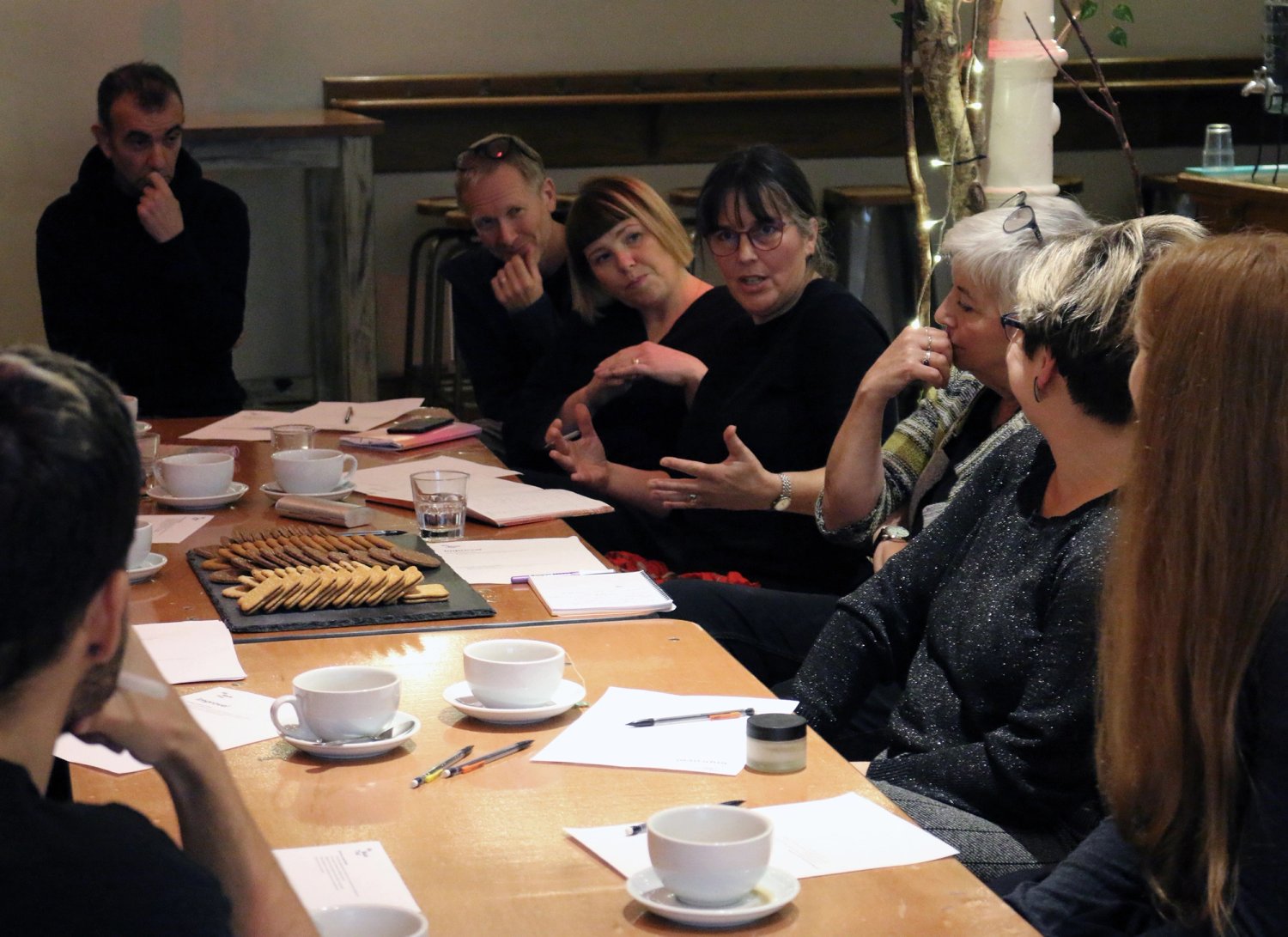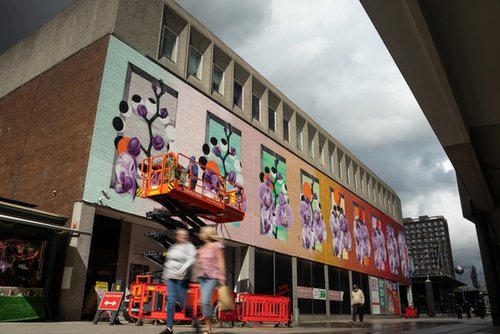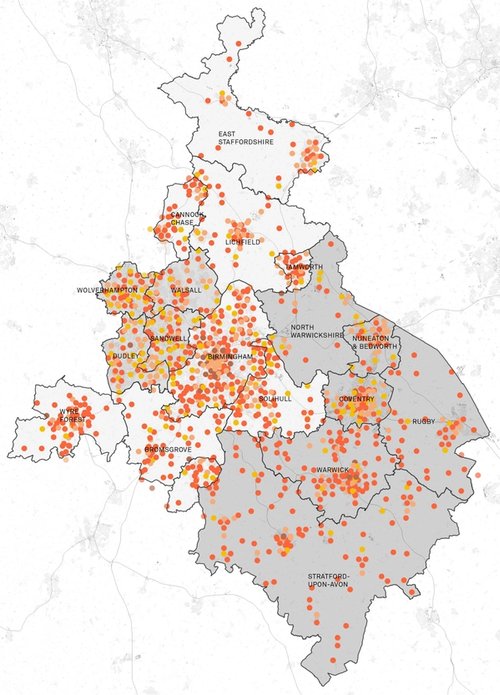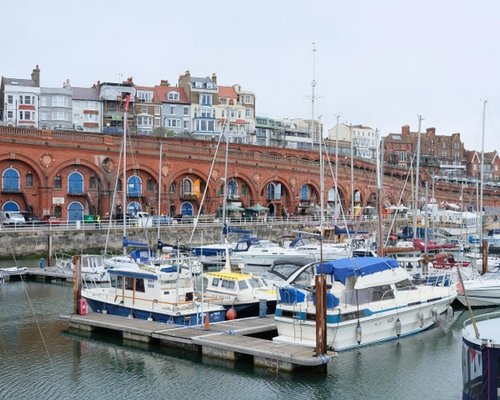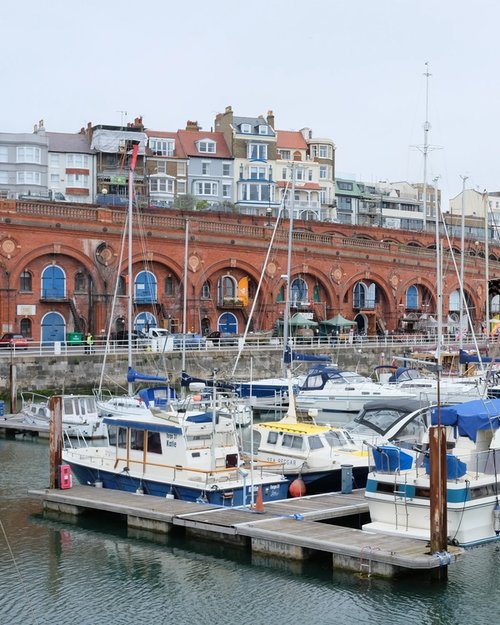Space for culture in Brighton & Hove
15 September 2023
Brighton & Hove is well known as a creative hub, but the city’s creative communities have long experienced challenges in accessing appropriate and affordable spaces for cultural and creative activity. In response, the Space to Grow working group of Brighton & Hove’s sector led ABCD Plan for Cultural Recovery commissioned our Urban Research Unit and PRD to carry out a study and provide evidence about the state of cultural and creative space provision in the city, and to identify clear ways forward to help address these challenges.
In gathering evidence and developing recommendations, the team engaged more than 90 people through a series of interviews, thematic workshops, cultural and creative sector network representatives, space providers, or public and private development professionals. The study also drew on primary economic analysis, a review of existing sources, and additional desktop research.
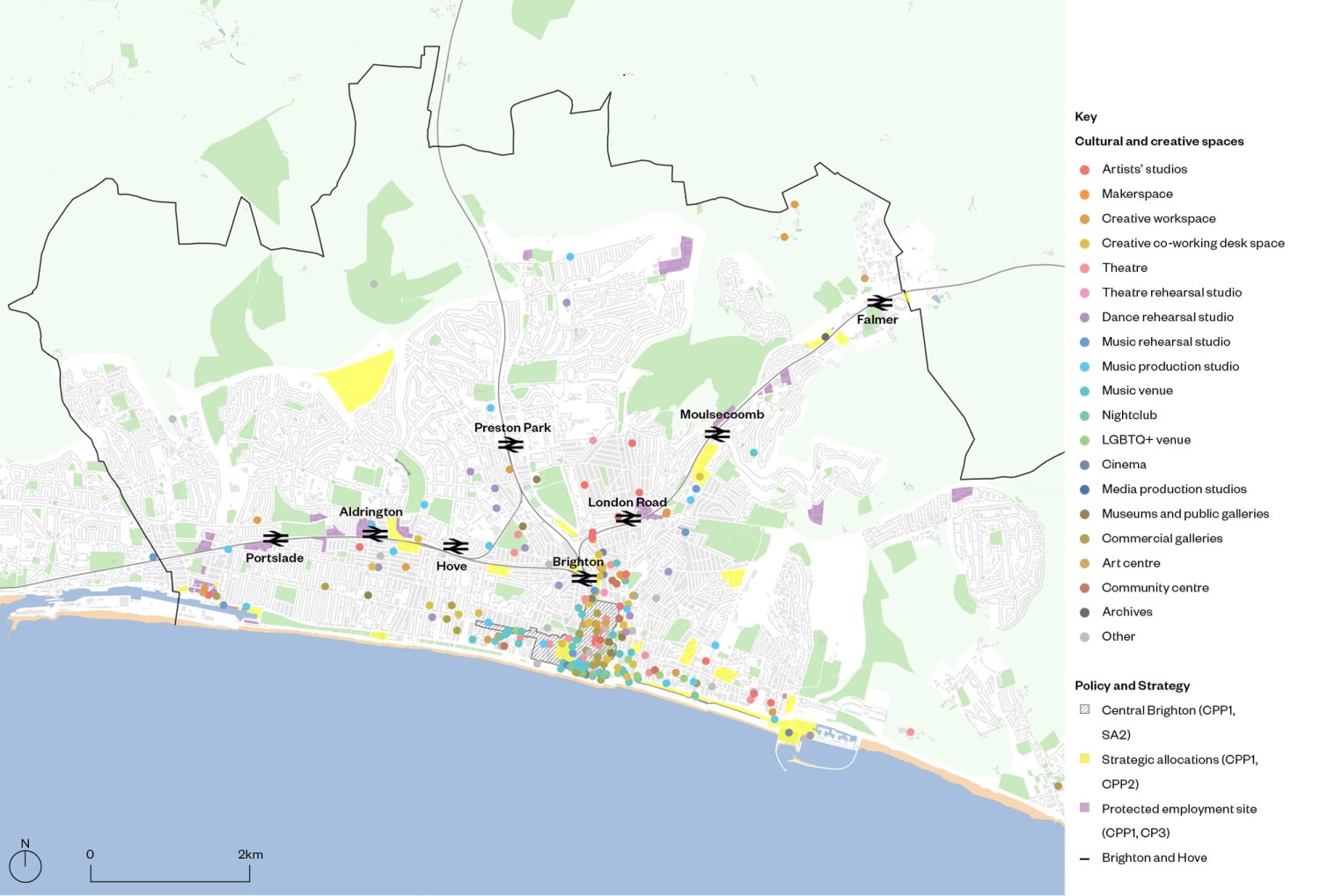
Culture and creativity are part of Brighton’s DNA. The city punches above its weight in live music, acts as an incubator of creative digital businesses, and has a large dance and theatre community and a nationally significant cluster of outdoor arts organisations. Creative jobs make up 7% of all jobs in Brighton & Hove, and 19% of businesses in the city are creative or cultural - significantly more than in other comparable cities in the UK. As in other places, the value of culture and creativity in Brighton & Hove goes far beyond what can be easily put into numbers. Cultural events attract visitors to the city, and creative organisations nurture talent among young Brightonians.
However, cultural and creative activity in Brighton & Hove is not gaining access to the physical spaces that it needs to thrive. Limited availability of space and high rents are among the key challenges faced by Brighton & Hove’s creatives, businesses and organisations. Both young and established creative practitioners are leaving the city because there simply isn’t workspace for them, and local organisations are looking afield for rehearsal, development and production space. At least 16 cultural and creative spaces closed in Brighton & Hove in the past 10 years, and many more are at risk.
The study identified priority areas of action and clear ways forward:
- Make concerted efforts to involve younger and under-represented members of Brighton & Hove’s creative ecosystem.
- Explore the feasibility of establishing a Creative Land Trust and work in partnerships to unlock existing and future opportunities.
- Deliver affordable workspace through the planning system, and establish a more integrated approach to cultural spaces across the council’s different services.
- Improve how existing spaces are used, including development of a cultural space directory on the Culture in Our City website.
The long term challenges and current economic circumstances put culture and creativity in Brighton & Hove under significant pressure, and it is clear that more needs to be done in protecting and improving the existing, and delivering new creative and cultural spaces. The best time to act is now – with an overdue shake up of some of the accepted norms in Brighton & Hove – to present new opportunities to secure its creative future.
